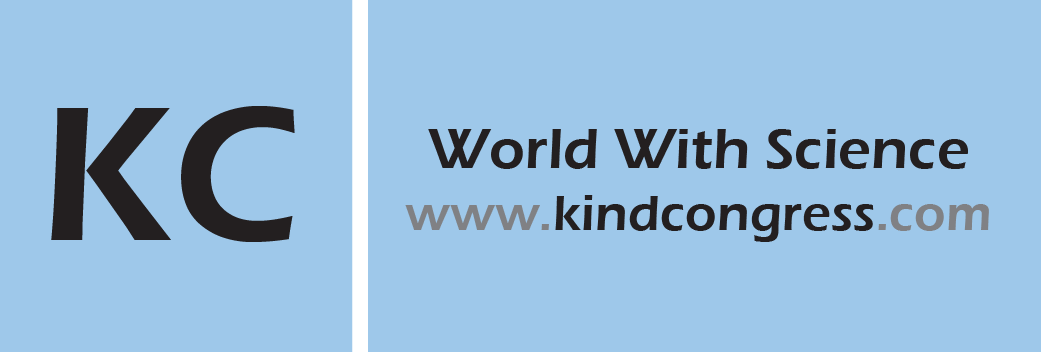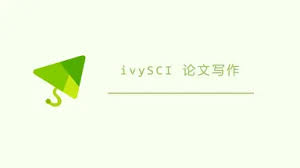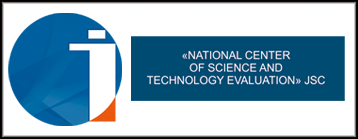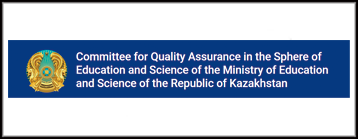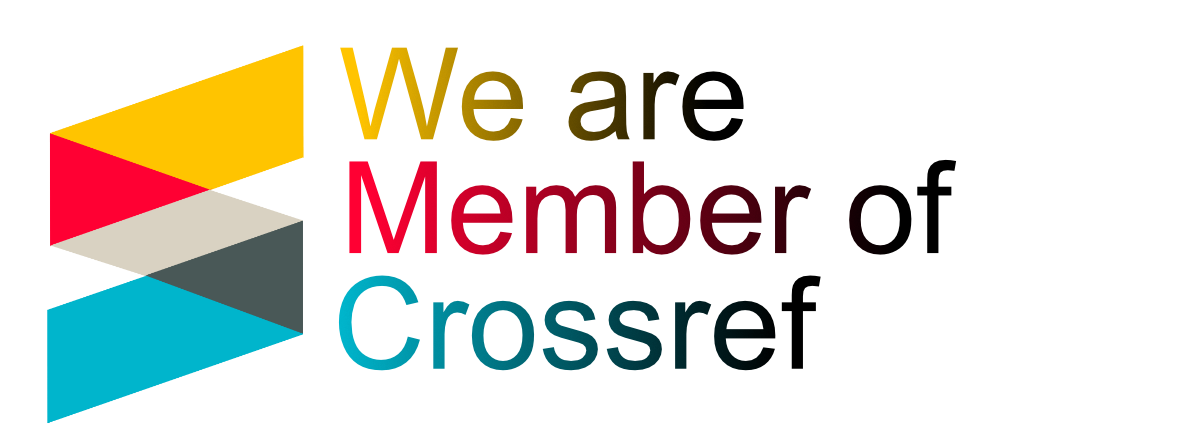Development of a mathematical model for a compound technological complex of vanyukov melting in order to control the material and thermal regime
DOI:
https://doi.org/10.31643/2023/6445.35Keywords:
technological complex, control system, static model, thermal regime, cooper smeltingAbstract
This article presents a mathematical model in the form of static equations of dependencies of input and output flows based on the equations of material and heat balance for the purposes of operational planning and control of the complex technological complex of Vanyukov melting (PV). Dynamic characteristics are presented for the purpose of controlling the thermal regime based on the technology of the developed melting process with blowing from below. As a result of the study, the developed mathematical model for controlling the smelting process when calculating the material flows of the charge will allow tracking changes in the thermal state of the smelting (by the copper content in the matte). This model can quite well describe the dynamics of the state of the process, both when establishing the impacts aimed at increasing the heating of the furnace, and at reducing its heating. Based on the equations, a computer model based on the dynamic programming method in the MATLAB software package has been developed. The scientific novelty lies in the fact that for the first time, the structure of a mathematical model has been developed that describes the processes occurring in the over-tuyere zone and the sludge zone of the smelting products.
Downloads
References
Schlesinger M, Sole K, Davenport W, Alvear G. Extractive Metallurgy of Copper: 6th ed.Elsevier: Oxford; United Kingdom; Theory to practice: Pyrometallurgical industrial processes. 2021;5:95-117
Gorbunov IS. Modelirovaniye teploobmena v konechno-elementnom pakete FEMLAB: Ucheb. Posobiye[Modeling of heat transfer in the finite element package FETLAB: Proc. Allowance].Ivanovo: NiST. 2008,216 (in Russ.).
Watt J, KapustaJ. The 2019 copper smelting survey. In Proceedings of the 58th Annual Conference of Metallurgists (COM) Hosting the 10th International Copper Conference.18–21August.Vancouver, BC, Canada.2019,595-947.
Xu L, Chen M, Wang N, Gao S. Chemical wear mechanism of magnesia‐chromite refractory for an oxygen bottom‐blown copper‐smelting furnace: A post‐mortem analysis. Ceram. Int.2021, 2908-2915. https://doi.org/10.1016/j.cera‐mint.2020.09.124
Wang J. Copper smelting: 2019 world copper smeltingdata. In Proceedings of the 58th Annual Conference of Metallurgists (COM) Hosting the 10th International Copper Conference.18–21August.Vancouver, BC, Canada.2019, 592-606
DuX; ZhaoG; WangH. Industrial application of oxygen bottom-blowing copper smelting technology. China Nonferr. Metall.2018;4:4-6
Mussabekov N, Ibraev A, Issayeva G, Smagulova L, Baimuldina N. Methods and tools for development a hybrid and information control systems of technological complex. News of the National Academy of Sciences of the Republic of Kazakhstan, Series of Geology and TechnicalSciencesthis link is disabled. 2018;1(427):118-126
Musabekov N, Ibraev A. Mathematical description of autogenic processes of melting copper concentrates flowing in a liquid bath. Proceedings of the International Satpayev readings. The role and place of young scientists in the implementation of the new economic policy of Kazakhstan, Almaty: KazNTU. 2016;2:79-86
Suleimenov M,KadenovS, KadenovB.Development of a hybrid control system for agglomerated charge granulation. Engineering and Technical journal Automation Reporter.2011;31:5-9
MussabekovN, IbraevA, MoldakhmetovK. Сontrol system bytechnological complex on the example of the control process ofcopper concentrates smelting.Conference Lubelskie Dni Nauki i Biznesu WD. 2016
Musabekov N,Ibrayev A,Moldakhmetov K. Razrabotka matematicheskikh modeley dlya protsessa plavki mednykh kontsentratov v pechi Vanyukova. Sbornik statey konferentsii «Evropeyskaya nauka 21 veka.2016
Musabekov N. Ibrayev A. Adilbekov M. O voprosakh razrabotki gibridnoy sistemy upravleniya tekhnologicheskim protsessom na primere upravleniya protsessami teploobmena[On the development of a hybrid process control system on the example of heat transfer process control]. DOKLADY Natsionalnoy Akademii Nauk Respubliki Kazakhstan[REPORTS of the National Academy of Sciences of the Republic of Kazakhstan]. 2016;5:125-131(in Russ.).
LiangS. Review of oxygen bottom blowing process for copper smelting and converting. In Proceedings of the 9th International Copper Conference, Kobe, Japan.13–16 November.2016, 1008-1014
Hellström E, AslundJ, Nielsen L. Design of an efficient algorithm for fuel-optimal look-ahead control. Control Engineering Practice. 2010;18(11):1318-1327
Wang Q, Wang Q, Tian Q, Guo X. Simulation study and industrial application of enhanced arsenic removal by regulating the proportion of concentrates in the SKS copper smelting process. Processes.2020;8(4):385. https://doi.org/10.3390/pr8040385
WangQ, GuoX,Tian Q,Jiang T, Chen M, ZhaoB. Development and application of SKSSIM simulation software for the oxygen bottom blown copper smelting process. Metals. 2017;7(10);431-441. https://doi.org/10.3390/met7100431(in Chinese).
Ospanov Ye, Kvyatkovskiy S, Kozhakhmetov S, SokolovskayaL, Semenova A, Dyussebekova M, Shakhalov A. Slag heterogeneity of autogenous copper concentrates smelting. Canadian Metallurgical Quarterly, The Canadian Journal of Metallurgy and Materials Science.2022. https://doi.org/abs/10.1080/00084433.2022.2119495
Bacedoni M, Moreno-Ventas I, Ríos G. Copper Flash Smelting Process Balance Modeling. Metals. 2020;10(9):1229-1238. https://doi.org/10.3390/met10091229
Song K, Jokilaakso, A. Transport phenomena in copper bath smelting and converting processes–A review of experimental and modeling studies. Mineral Processing and Extractive Metallurgy Review. An International Journal, 2022;43(1):107-121. https://doi.org/10.1080/08827508.2020.1806835
Chenchen L, Shuhui Zh, Ran L, Qing L, Guangshi Y, Baoyong W. Thermodynamic and kinetic behaviours of copper slag carbothermal reduction process.Ironmaking & Steelmaking, Processes, Products and Applications.2022 https://doi.org/10.1080/03019233.2022.2091726
Downloads
Published
How to Cite
Issue
Section
License
Copyright (c) 2023 Mussabekov, N., & Mukhanov, B.

This work is licensed under a Creative Commons Attribution-NonCommercial-NoDerivatives 3.0 Unported License.















